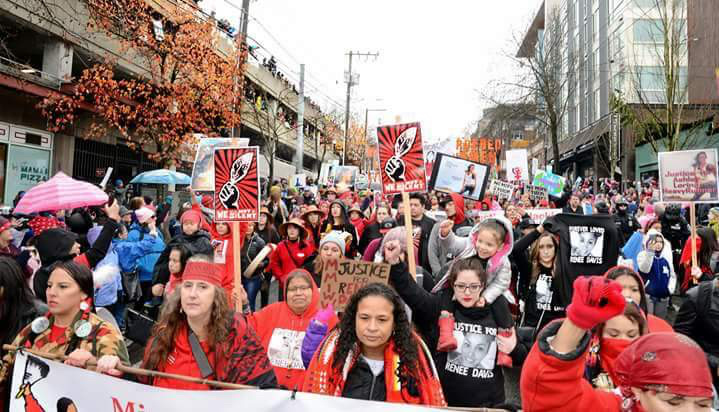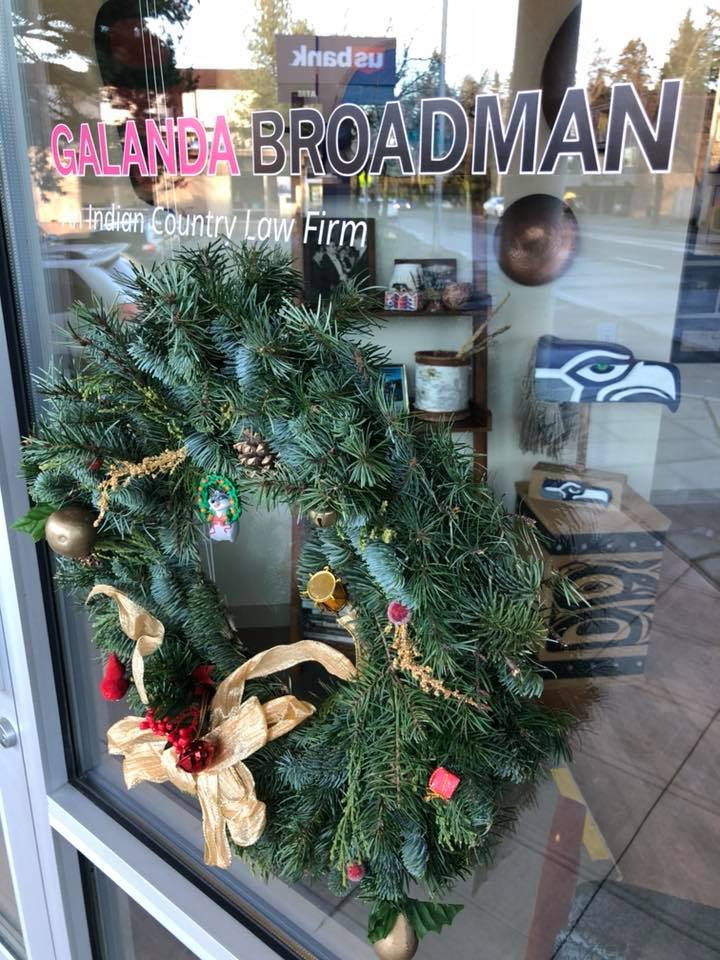By Ryan Dreveskracht
At common law, a decedent’s claim of wrongdoing did not survive the person’s death, and there was no right of recovery when a person died due to another’s negligence. In order to provide relief in these situations all 50 states, including Washington State, promulgated statutes that create actions for wrongful death and survival. But Washington, unlike 47 of those states, does not allow recovery to parents and siblings when their family member is needlessly killed. That, however, may soon change.
Under a wrongful death action, the decedent’s estate bring a cause of action on behalf of specified beneficiaries for damages they suffered as a result of the decedent’s death.
For primary beneficiaries—the decedent’s spouse or domestic partner and children—actual pecuniary losses are recoverable, including intangible losses such as the loss of the decedent's support, services, love, affection, care, companionship, society, and consortium. Secondary beneficiaries—the parents and siblings—are entitled to recover only if: (1) there are no primary beneficiaries; (2) they were dependent on the decedent for support; and (3) they resided within the United States at the time of the decedent’s death.
The large majority of unmarried, childless adults have no primary or secondary beneficiaries, and there can thus be no recovery. This is especially true in families of color or who live in poverty, where the so-called nuclear family is not the predominate form of family. In the tribal setting, for example, the loss of Indian life should be grieved by the deceased's non-nuclear family as needed.
Under the survival statutes, any cause of action that the decedent could have brought prior to death may be brought by the decedent’s estate and is for the benefit of, and passes through, the decedent’s estate. The recoverable damages for the estate are the pecuniary losses to the estate such as loss of earnings, medical and hospital expenses, and funeral and burial expenses. In addition, the personal representative may recover, on behalf of the same beneficiaries listed under the general wrongful death statute, damages for the pain and suffering, anxiety, emotional distress, and humiliation personal to, and suffered by, the decedent.
Again, though, because a large majority of unmarried, childless adults have no primary or secondary beneficiaries, and there can be no recovery in these cases.
This is all to say that under Washington State’s laws, wrongdoers receive a free pass because they happened to be responsible for the death of the “right” person, i.e. an unmarried childless person. Dean William Prosser, perhaps the most respected legal authority on the topic in modern history, famously wrote that Washington State’s law makes it “cheaper for a defendant to kill a plaintiff than to injure him.”
It’s been said that when someone you love dies, you don’t lose them all at once; you lose them in pieces over time. As time goes on, in other words, the depth of a loss becomes more and more apparent. And no amount of monetary “compensation” will ever bring a lost loved one back or make up for the nights that parents and siblings cry themselves to sleep.
But this doesn’t make it right for losses and suffering to be dismissed simply because a loved one lived beyond his or her 18th birthday. Families do not stop loving or missing the day that a person they turns 18. The loss doesn’t hurt any less. There is no reason for families—just because their loved one was over 18, unmarried, and without children—should not have the same right to seek accountability that other families have.
This may all change soon, however. On January 8, Senators Hasegawa, Rolfes, Frockt, Pedersen, Hunt, Nelson, Darneille, Miloscia, Chase, Saldaña, and Kuderer introduced SB 6015, legislation that would bring Washington State in line with the 47 other states in the country that allow for recovery to parents and siblings when their family member is needlessly killed.
Representatives Santos, Goodman, Johnson, McBride, Sawyer, Fitzgibbon, Dolan, Orwall, Macri, Frame, Jinkins, Ormsby, and Pellicciotti introduced a companion bill in the House on the same day.
The proposed legislation is designated as remedial and applies retroactively to all claims that are not time barred, as well as any claims pending in any court on the effective date of the legislation.
My colleagues and I at Galanda Broadman have great empathy and compassion for people who are harmed through the negligence or misconduct of others, and are vitally committed to helping these victims receive the justice they are due in America’s courtrooms. We are constantly in awe of the brave individuals and families who have taken on reckless corporations, dangerous people, and irresponsible government.
It’s because of their sacrifices and steadfast efforts that we enjoy many of the protections that keep us safe today. Which is why we support this legislation, and urge others to do the same. The citizens of the state of Washington—we all—deserve this legal protection.
Ryan Dreveskracht is an attorney with Galanda Broadman, PLLC, in Seattle. His practice includes civil rights and wrongful death litigation. He can be reached at (206) 909-3842 or ryan@galandabroadman.com.















